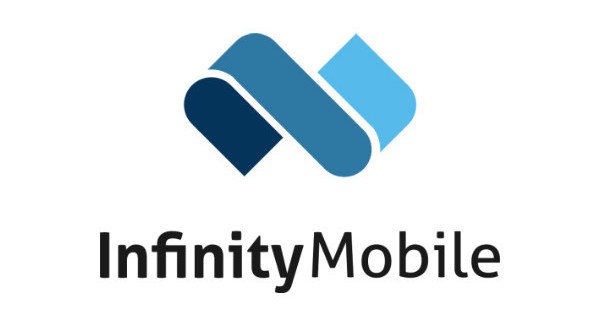Food ordering through a chatbot
— why it matters
— why it matters
For some people chatbots are the most overhyped item of 2017 in social media, for some people the most beloved invention since sliced bread (ok maybe that's a bit exaggerated). In any case, the awareness of chatbots has grown from a geek 'cool stuff' level to a far broader audience. Including in that audience, a lot of food lovers!
If you think about it for a moment, it makes quite some sense to have a chatbot for food ordering. There is the obvious fact that people need to eat and drink every day, so from a recurrent point of view, it's a good start. However, be aware there's no inherent correlation, so thinking in terms of "Edo, ergo chatbot" is not the best approach.
If you think about it for a moment, it makes quite some sense to have a chatbot for food ordering. There is the obvious fact that people need to eat and drink every day, so from a recurrent point of view, it's a good start. However, be aware there's no inherent correlation, so thinking in terms of "Edo, ergo chatbot" is not the best approach.

So why would people that like to eat — let's call them food lovers — be triggered by a chatbot ? We can think in the first place that food lovers are explorers: they like to discover new things, taste new experiences, get their senses inspired. We can definitely align chatbots on that mindset: we have left the era of apps and chatbots are the new cool kid in town, and it's all about discovering them, see how different they act and how the messaging interaction approach differs from the old (and maybe boring) way of working.
Why would it further matter ? For those people open to innovation and new things, speed matters. If you want to discover new things, but you have to wait on someone/some thing to happen, it means there is a loss of opportunity being created. People that appreciate time absolutely try to avoid that. So a chatbot in food ordering must be fast (technically) but also must help speed up the food ordering process. There's no point in having a fast chatbot whereby the existing (maybe offline) process is being slowed down.
With Ask Emma, our own chatbot that's running for multiple restaurants, we learned a lot about the things that matter in a food ordering process. You can have the greatest UI, the best UX, but what matters in the first place is the speed of the process. If you fail to deliver at merchants' side, you will never be able to deliver this 'order beverage experience' that you hope for. And still, it's what lot of IT driven companies seem to ignore.
Why would it further matter ? For those people open to innovation and new things, speed matters. If you want to discover new things, but you have to wait on someone/some thing to happen, it means there is a loss of opportunity being created. People that appreciate time absolutely try to avoid that. So a chatbot in food ordering must be fast (technically) but also must help speed up the food ordering process. There's no point in having a fast chatbot whereby the existing (maybe offline) process is being slowed down.
With Ask Emma, our own chatbot that's running for multiple restaurants, we learned a lot about the things that matter in a food ordering process. You can have the greatest UI, the best UX, but what matters in the first place is the speed of the process. If you fail to deliver at merchants' side, you will never be able to deliver this 'order beverage experience' that you hope for. And still, it's what lot of IT driven companies seem to ignore.

In the 'why it matters' equation, the merchant' part is crucial, and while the chatbot should create convenience for the ordering customer, it is also important you create this convenience for the person who will actually prepare the food. You need to make sure he can communicate with his customers, and that at all times, he keeps control over the process. Providing this control is the ultimate key to make the process work, and create the overall happiness at both sides — for consumer and merchant.
Did you like this article?
Want to receive newsletters with more of this?
Infinity Mobile newsletter
Subscribe to our email newsletter for useful tips and valuable resources, sent out every month
